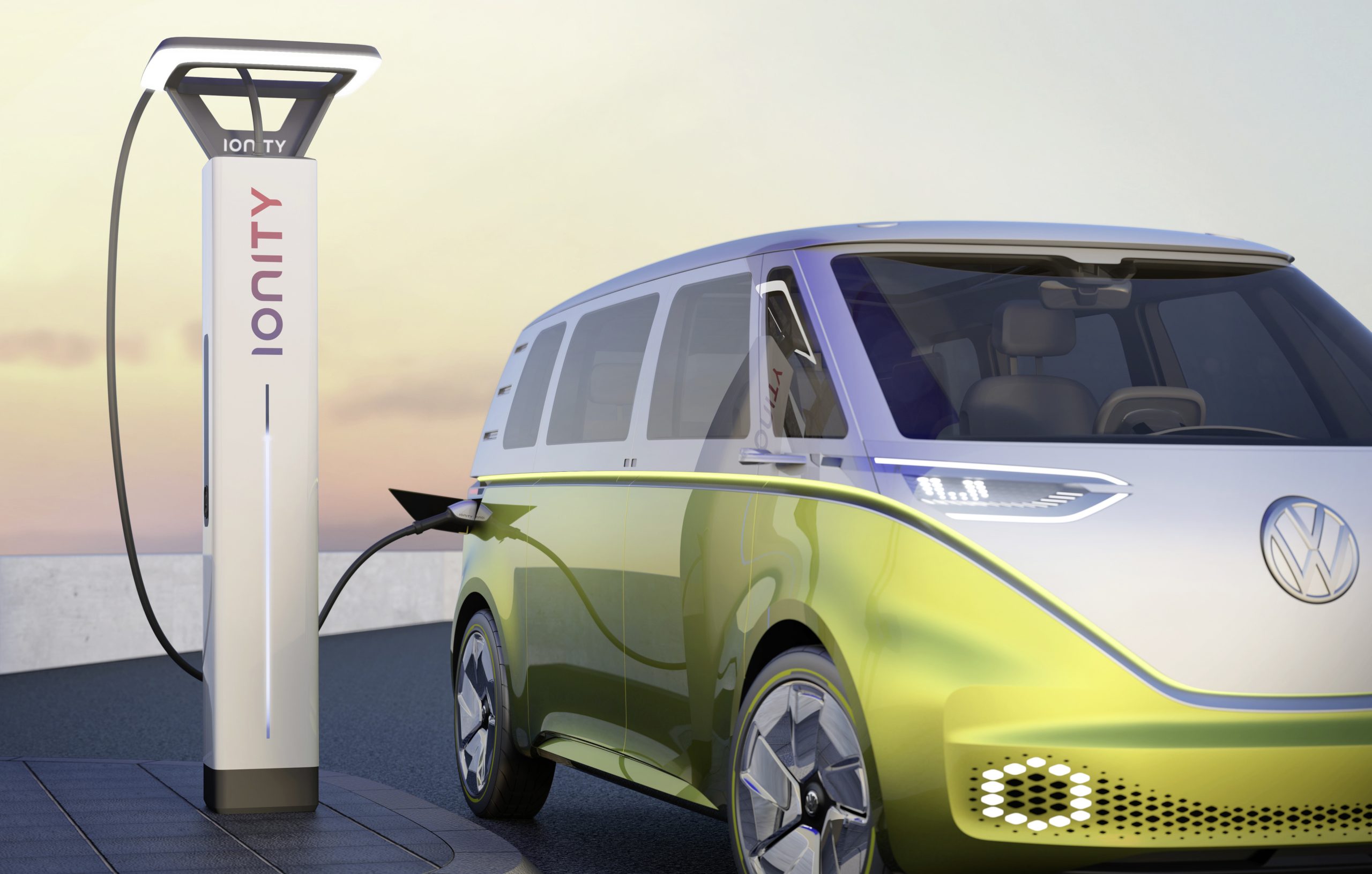
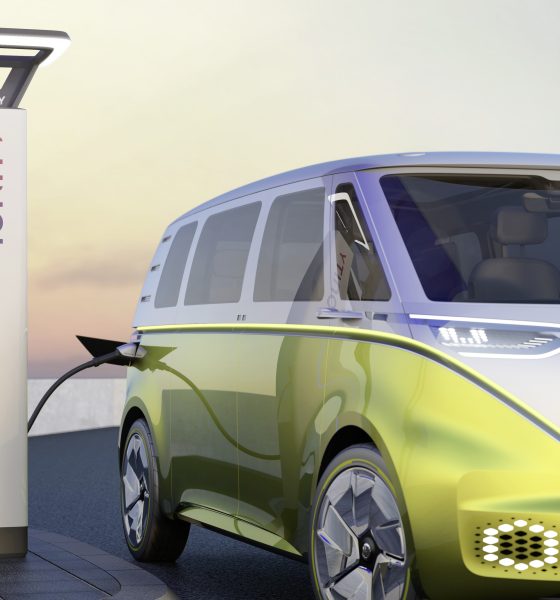
News
Volkswagen CEO slams stricter emissions regulations amid hopes for ‘diesel renaissance’
In an effort to further reduce its carbon footprint, the European Union has proposed new regulations that would require carmakers to reduce their vehicles’ emissions drastically by 2030. If approved, passenger cars manufactured in the region have to reduce their emissions output by 35%. The proposed regulations, while strict, have already been lowered, as the EU Parliament initially decided on a 40% reduction in emissions.
Despite the adjusted regulations, Volkswagen CEO Herbert Diess is not too thrilled. In a statement to German news publication Süddeutsche Zeitung, the VW CEO warned that such radical changes would likely result in damages to the auto industry. If the EU decides to pursue its 35% CO₂ limit for passenger cars by 2030, Diess notes that Volkswagen would likely put around 100,000 jobs at risk. The CEO stated that a 30% reduction in emissions by 2030 would be a lot more preferable.
“Such an industry can crash faster than many believe. The transformation in speed and impact is difficult to manage,” Diess said.
The Volkswagen CEO’s warning comes amidst the auto giant’s recent announcement about its initiatives to push and promote electrified transport, including a ~$7 billion investment into the company’s e-mobility program. Volkswagen AG has noted that it is aiming to produce around 3 million electrified vehicles per year by 2025 across its different brands. The German auto conglomerate has also expressed its intention to commit to battery technology, supporting the development of solid-state batteries.
If the VW CEO’s statements are any indication, though, the shift of the auto industry towards electrification, as well as mandates for cleaner air from the EU, could be a bit too drastic for legacy automakers. That said, the auto industry is already being populated by more and more electrified vehicles, including all-electric cars like the Tesla Model 3, which is starting to chip away at the sales of established brands in the US auto market. Other vehicles, such as Tesla’s Model Y, as well as offerings from emerging EV companies like NIO, are set to make the auto industry even more electrified in the near future.
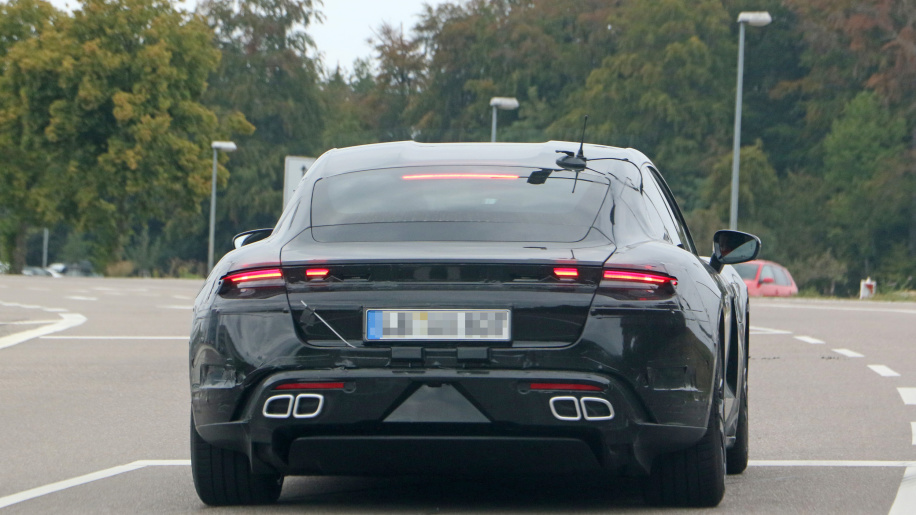
Amidst its heavy investments in electrified transport, Volkswagen AG noted last month that it is actually hoping for a “diesel renaissance.” Volkswagen AG CEO Matthias Müller, for one, is counting on the driving public to be welcoming to diesel-powered transport once more. Overall, the VQW AG remains optimistic about the potential of diesel-powered cars.
“Diesel will see a renaissance in the not-too-distant future because people who drove diesels will realize that it was a very comfortable drive concept. Once the knowledge that diesels are eco-friendly firms up in people’s minds, then for me there’s no reason not to buy one,” Müller said.
Müller’s hopes of a “diesel renaissance” carries a bit of irony, considering that one of its brands, Porsche, recently announced that it is completely abandoning diesel vehicles from its lineup. Porsche is also doing real-world tests on the Taycan, its first all-electric car that’s designed to compete against the Tesla Model S. Porsche plans to release the Taycan next year, with the vehicle being company’s flag-bearer until it creates an electrified fleet by 2025. Today, the Taycan is conducting road tests in several regions across the globe, with one camouflaged prototype recently being spotted in CA.

Elon Musk
SpaceX to launch Starlink V2 satellites on Starship starting 2027
The update was shared by SpaceX President Gwynne Shotwell and Starlink Vice President Mike Nicolls.
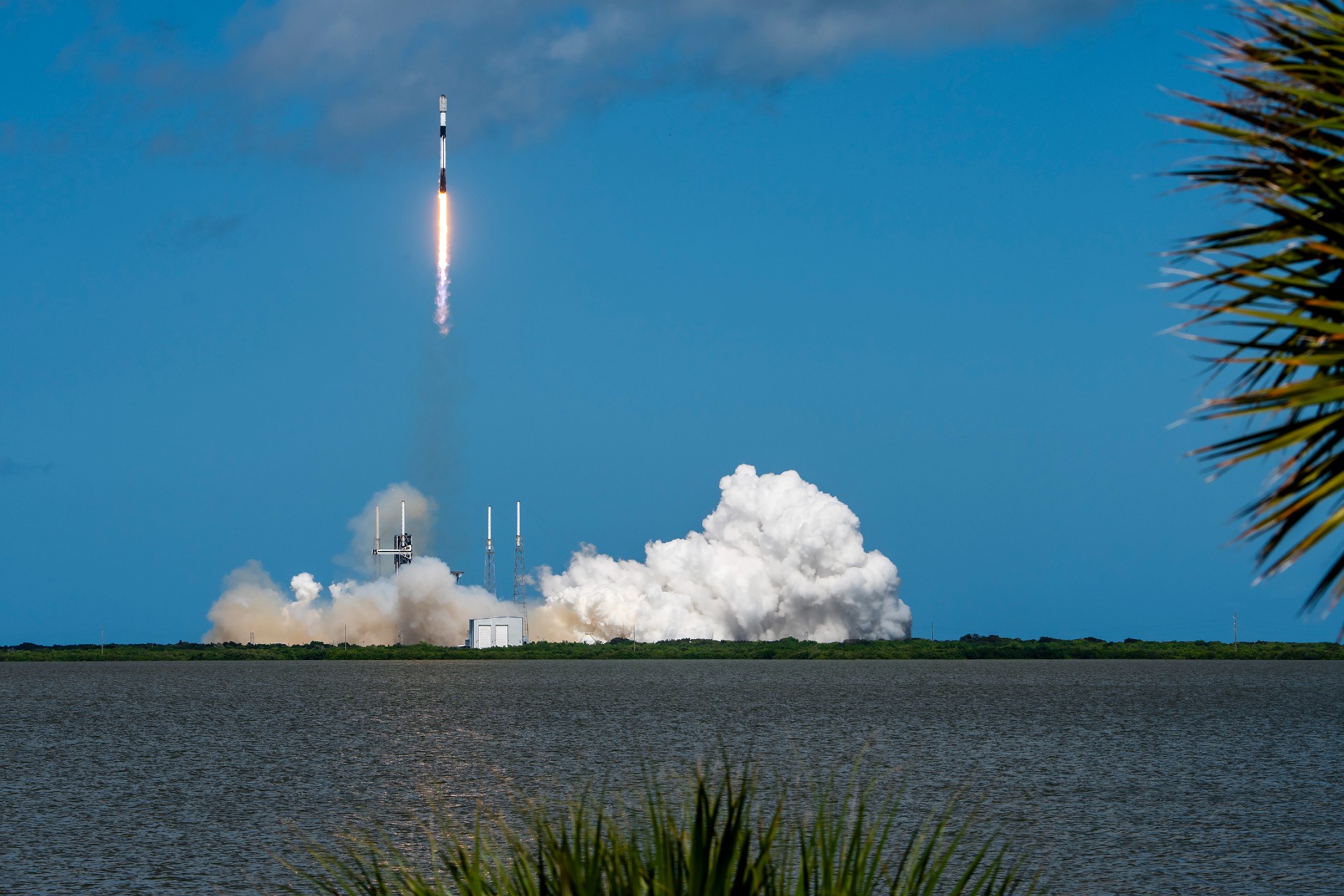
SpaceX is looking to start launching its next-generation Starlink V2 satellites in mid-2027 using Starship.
The update was shared by SpaceX President Gwynne Shotwell and Starlink Vice President Mike Nicolls during remarks at Mobile World Congress (MWC) in Barcelona, Spain.
“With Starship, we’ll be able to deploy the constellation very quickly,” Nicolls stated. “Our goal is to deploy a constellation capable of providing global and contiguous coverage within six months, and that’s roughly 1,200 satellites.”
Nicolls added that once Starship is operational, it will be capable of launching approximately 50 of the larger, more powerful Starlink satellites at a time, as noted in a Bloomberg News report.
The initial deployment of roughly 1,200 next-generation satellites is intended to establish global and contiguous coverage. After that phase, SpaceX plans to continue expanding the system to reach “truly global coverage, including the polar regions,” Nicolls said.
Currently, all Starlink satellites are launched on SpaceX’s Falcon 9 rocket. The next-generation fleet will rely on Starship, which remains in development following a series of test flights in 2025. SpaceX is targeting its next Starship test flight, featuring an upgraded version of the rocket, as soon as this month.
Starlink is currently the largest satellite network in orbit, with nearly 10,000 satellites deployed. Bloomberg Intelligence estimates the business could generate approximately $9 billion in revenue for SpaceX in 2026.
Nicolls also confirmed that SpaceX is rebranding its direct-to-cell service as Starlink Mobile.
The service currently operates with 650 satellites capable of connecting directly to smartphones and has approximately 10 million monthly active users. SpaceX expects that figure to exceed 25 million monthly active users by the end of 2026.
Elon Musk
Elon Musk’s xAI and X to pay off $17.5B debt in full: report
The update was shared initially in a report from Bloomberg News, which cited people reportedly familiar with the matter.
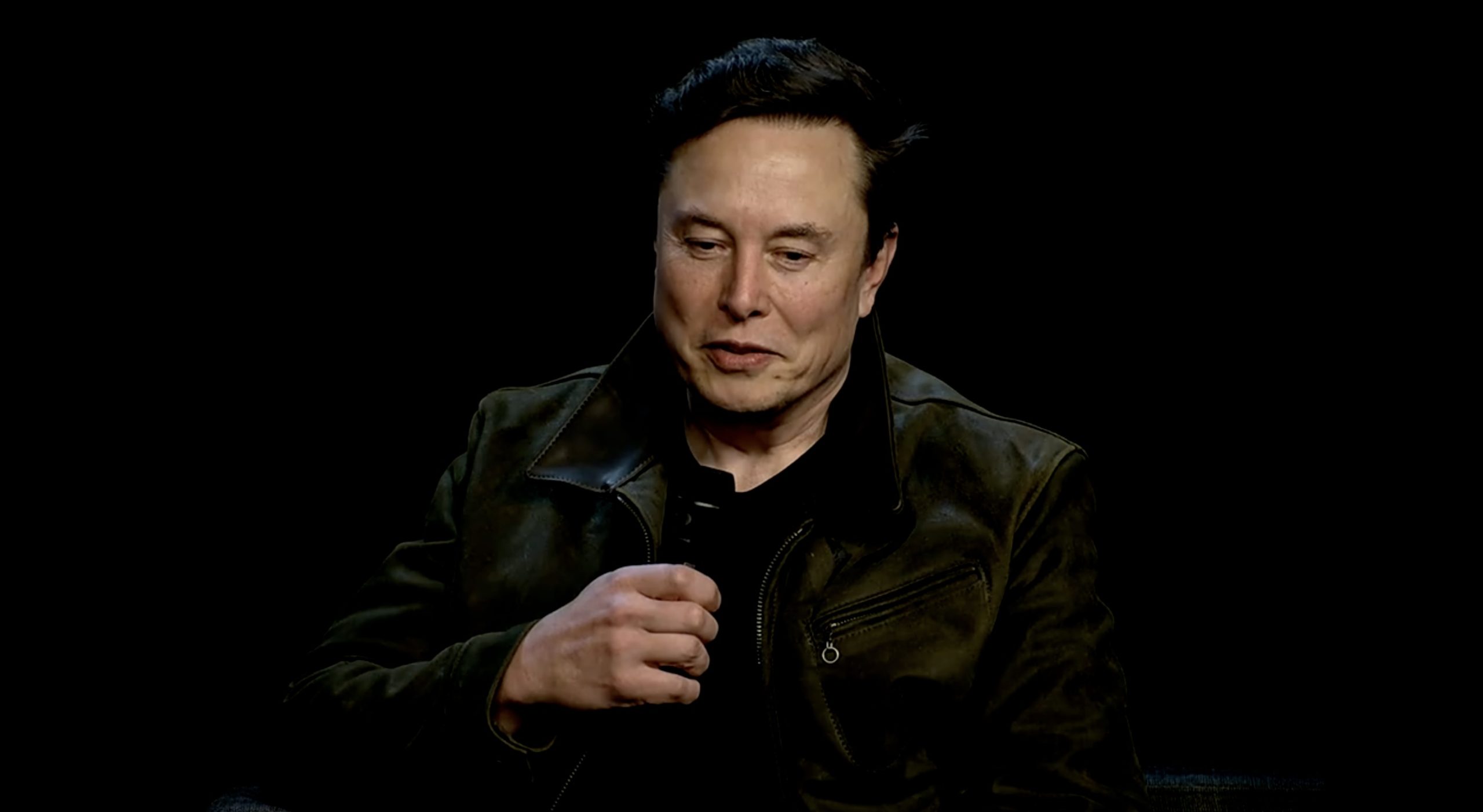
Elon Musk’s social platform X and artificial intelligence startup xAI are reportedly preparing to repay approximately $17.5 billion in outstanding debt in full.
The update was shared initially in a report from Bloomberg News, which cited people reportedly familiar with the matter.
Morgan Stanley, which arranged the debt financing for both companies, has reportedly informed existing lenders that X and xAI plan to pay back the full amount of the $17.5 billion debt. Bloomberg’s sources did not disclose where the capital for the repayment would be coming from.
X, formerly known as Twitter, assumed roughly $12.5 billion in debt during Musk’s acquisition of the company. xAI separately borrowed about $5 billion through bonds and loans last June. The two firms merged last year under xAI Holdings.
Bloomberg noted that portions of the debt are relatively recent and may carry early repayment penalties. xAI’s $3 billion in high-yield bonds are expected to be redeemed at 117 cents on the dollar, reflecting a premium since the debt was expected to stay outstanding for at least two years.
X has been servicing tens of millions of dollars in monthly debt payments, while xAI has reportedly been burning approximately $1 billion in cash per month as it invests heavily in data centers, chips, and AI talent. That being said, xAI also concluded a funding round in January, where it raised $20 billion of new equity.
The repayment plans come as Musk consolidates several of his businesses. SpaceX recently acquired xAI, making it a subsidiary as the company explores plans for space-based data centers. The combined entity has been valued at approximately $1.25 trillion.
Bloomberg previously reported that SpaceX is targeting a confidential IPO filing as soon as this month, potentially positioning the private space firm for a public listing later this year. Representatives for Morgan Stanley declined to comment, and X and xAI did not immediately respond to requests for comment.
News
Tesla Giga Berlin head calls out Handelsblatt’s claimed 2025 production figures
Andre Thierig, Senior Director of Manufacturing at Giga Berlin, published a detailed post on LinkedIn challenging several points made in the publication’s coverage of the Grünheide facility.
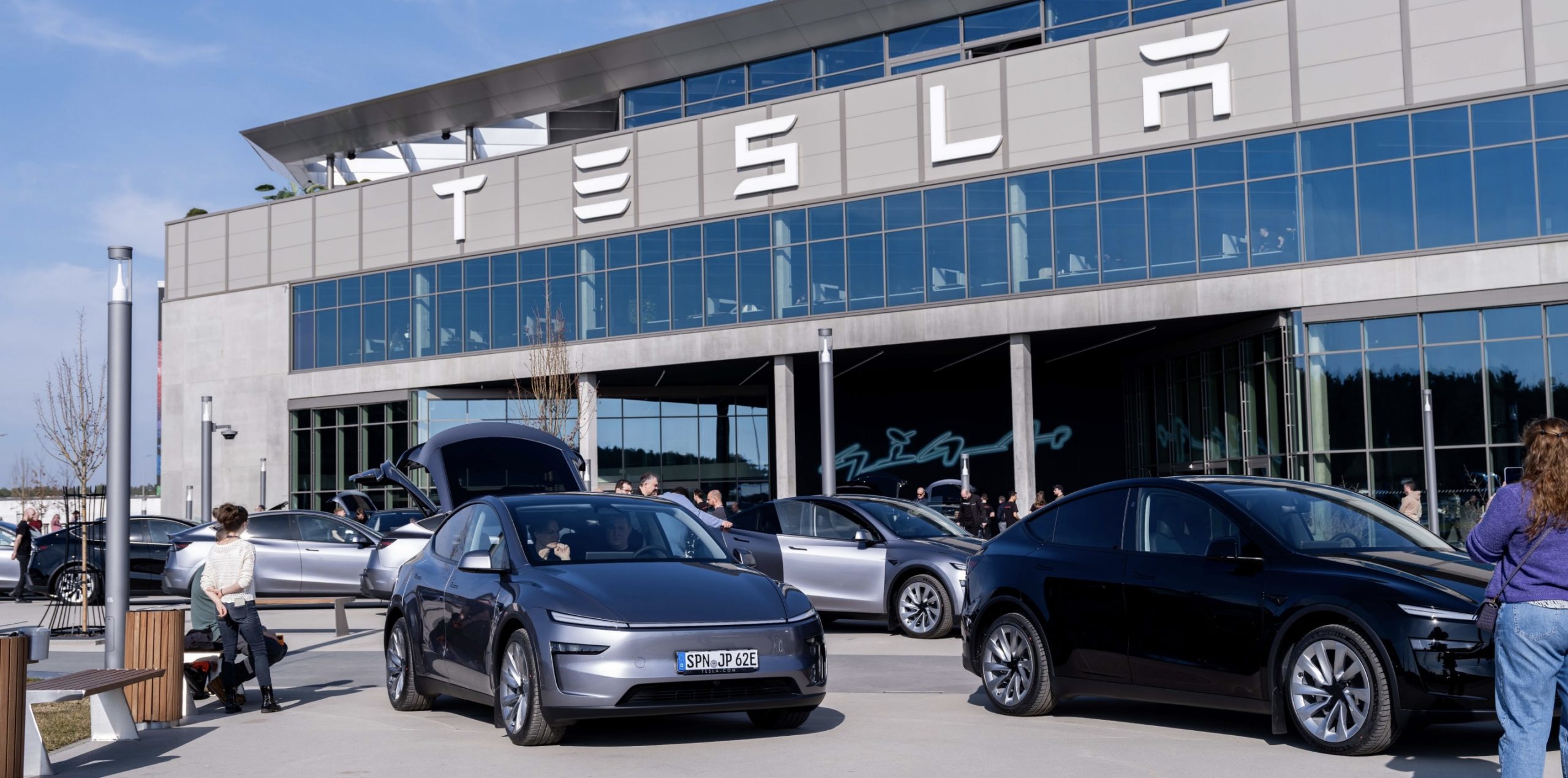
Tesla Gigafactory Berlin’s plant manager has publicly pushed back against recent reporting by German business publication Handelsblatt, which cited reportedly erroneous data about the factory’s production figures and financial performance.
Andre Thierig, Senior Director of Manufacturing at Giga Berlin, published a detailed post on LinkedIn challenging several points made in the publication’s coverage of the Grünheide facility.
In his LinkedIn post, Thierig called out Handelsblatt’s claim that 149,000 Model Y vehicles were produced at Giga Berlin in 2025. He noted that “the article is simply filled from front to back with false information and claims!
“I have to set the record straight here! In the last article about Tesla in Grünheide, the Handelsblatt speaks e.g. of 149,000 Model Ys built in 2025. WRONG!
“In 2025, we again produced over 200,000 vehicles. And this despite the fact that we stopped production in Q1 for the changeover to the new Model Y and then ramped it up again to 5,000 units per week over several weeks,” Thierig wrote.
He added that production increased each quarter in 2025 compared to the prior quarter and stated that more than 700,000 Model Y units have been produced at Grünheide since manufacturing began in 2022. For the first quarter of 2026, he stated that the factory is planning another production increase compared to the fourth quarter of 2025.
Thierig also questioned Handelsblatt’s reported 0.74% profit margin, writing that how the publication calculated the figure “remains reserved for their secret ‘calculation skills.’”
Beyond production data, Thierig highlighted Tesla’s broader footprint in Germany, stating that the company has invested more than €5 billion in Grünheide since 2020 and created nearly 11,000 permanent, above-tariff jobs. He added that Tesla is currently investing nearly €100 million into battery cell production at the site, which is expected to generate several hundred additional positions.
In a follow-up comment, Thierig noted that he did communicate with the publication’s editor-in-chief in an effort to “start fresh,” but he was informed that Handelsblatt’s current approach works just fine.
“Last year, I spoke to a representative of the Handelsblatt editor-in-chief and suggested that we “start anew” again. Handelsblatt turned down this offer on the grounds that their current approach works well for them,” Thierig noted.
Sönke Iwersen, Head of Investigative Research at Handelsblatt, responded to Thierig’s post, stating that the newspaper’s figures were based on Tesla’s own annual financial statements for the Grünheide entity.
He cited reported 2024 revenue of €7.68 billion, operating profit of €156.8 million, and net income after taxes of €55.6 million. Iwersen also referenced prior public comments from Elon Musk about Cybertruck demand, noting the gap between reported pre-orders and subsequent annual sales figures.
He also stated that the works council election eligibility figures Giga Berlin had dropped to 10,703 employees today from 12,415 two years ago.
“As far as production figures are concerned, these are figures from the data service provider Inovev. This is also stated in the article. Please compare this with Elon Musk’s information on demand for the Cybertruck. According to Musk, there were one million pre-orders. In the first year, 39,000 units were sold, in the second year 20,000. How can this be explained? With a million pre-orders?
“You yourself have repeatedly pointed out in recent months that no jobs would be cut in Grünheide because Tesla is different from the competition. Now a new works council is being elected in Grünheide. 10,703 people are eligible to vote. Two years ago, 12,415 people were eligible to vote. So there were exactly 1712 fewer from 2024 to 2026,” Iwersen wrote.








